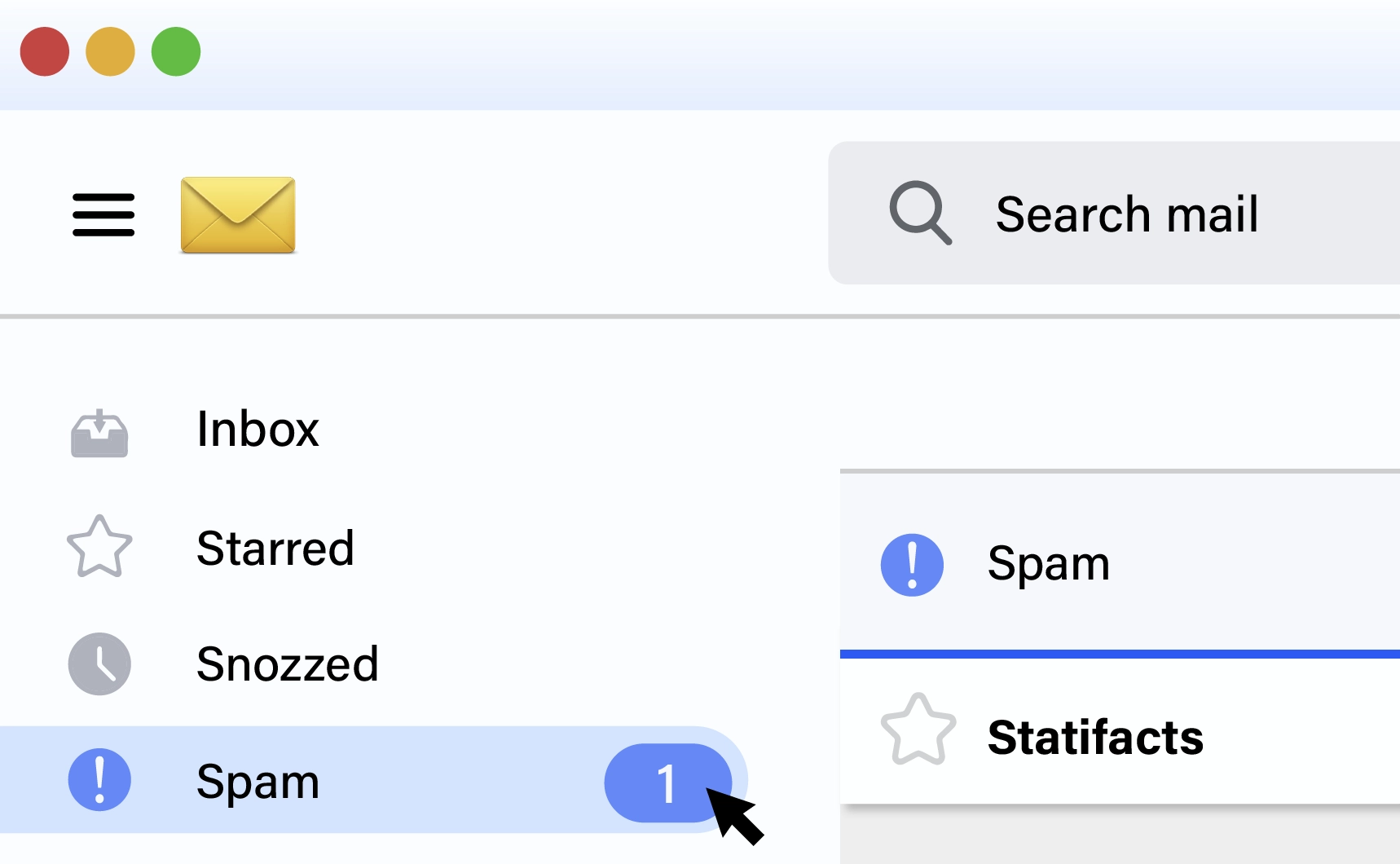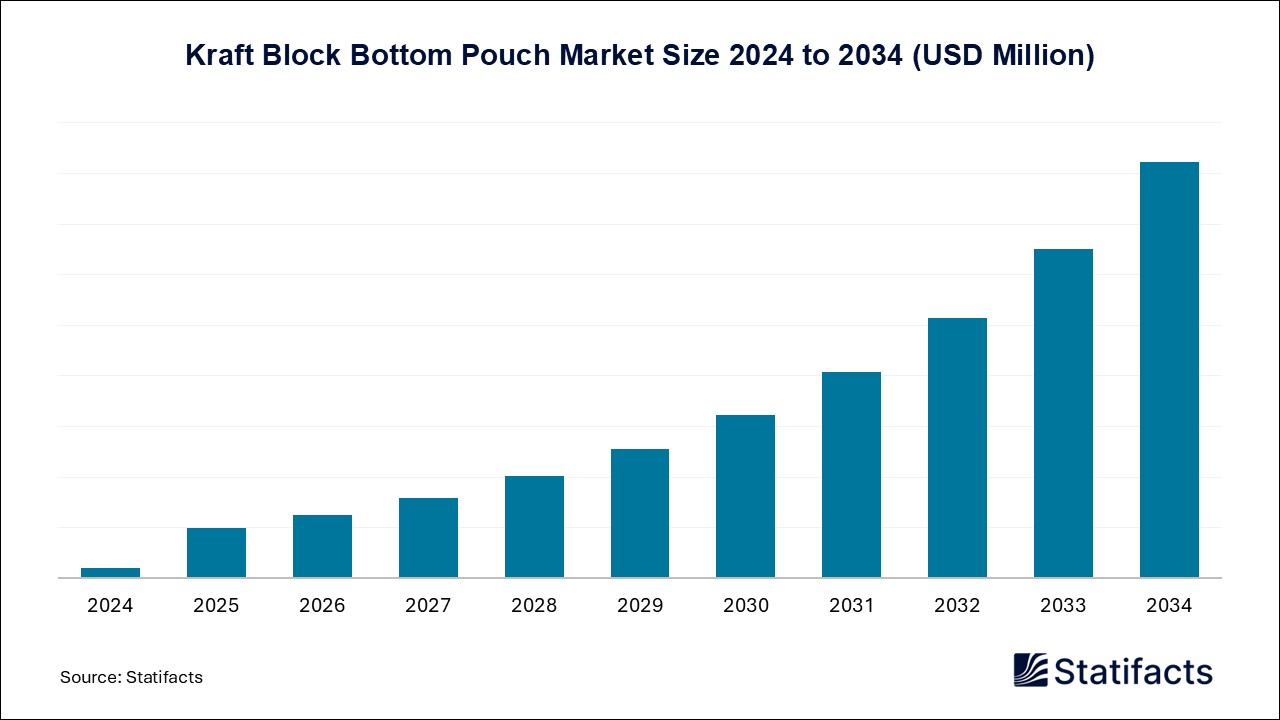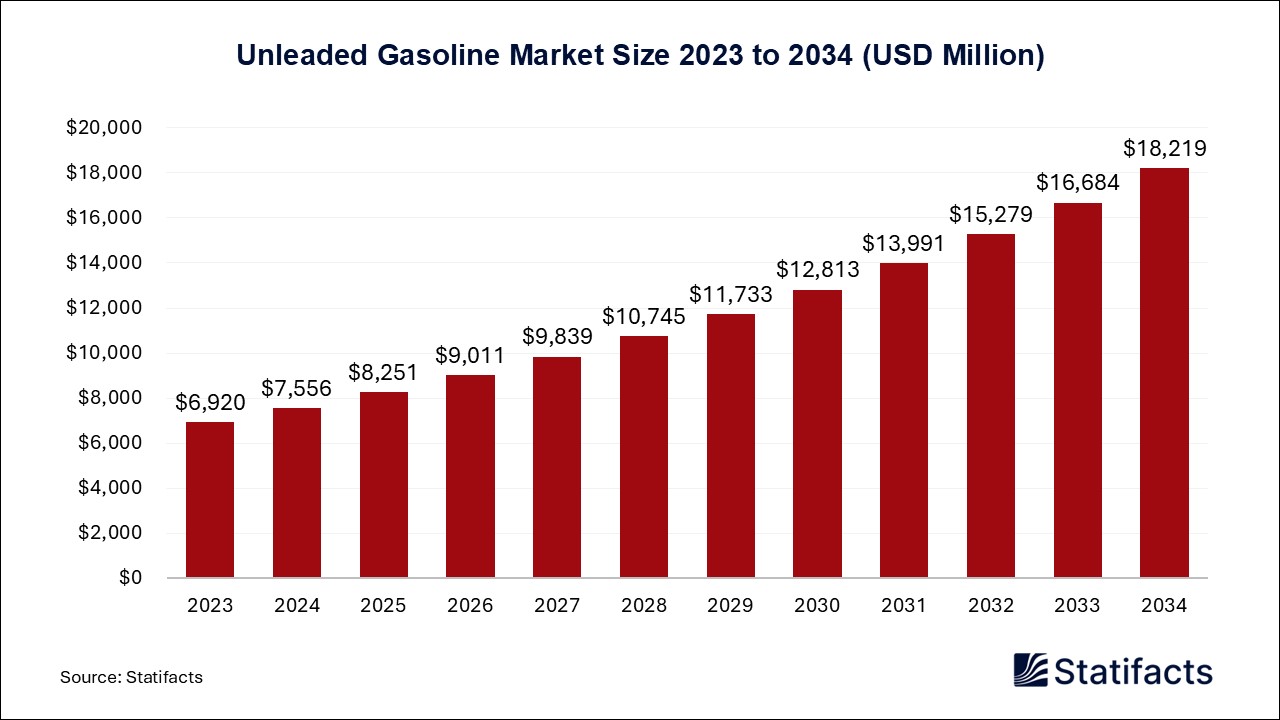Last Updated: 16 May 2025
Source: Statifacts
By clicking “Accept All Cookies” you agree to the storing of cookies on your device to enhance site navigation, analyze site usage, and assist in our marketing efforts.
Privacy PolicyThe Germany metaverse market size was estimated at USD 8.5 billion in 2024 and is projected to be worth around USD 574 billion by 2034, growing at a CAGR of 52.39% from 2025 to 2034.
| Industry Worth | Details |
| Market Size in 2025 | USD 12.2 Billion |
| Market Size by 2034 | USD 574 Billion |
| Market Growth Rate from 2025 to 2034 | CAGR of 52.39% |
The metaverse is a set of emerging 3-D-enabled digital technologies that uses virtual reality, augmented reality for the integration of physical and virtual space. Applications of the metaverse include interactive learning, improving work productivity. E-commerce and mass audience attraction. Some metaverse implementations also rely on digital currencies such as cryptocurrency, which can be traded as non-fungible tokens (NFTs) and track ownership using blockchain technology.
The Germany metaverse market holds a leading position in the European market due to the government funding for innovation in tech for metaverse applications, automotive sector use, integration with smart infrastructure, and Internet of Things for urban planning.
Published by Yogesh Kulkarni
Last Updated: 16 May 2025
Source: Statifacts
Last Updated: 16 May 2025
Source: Statifacts
| Subsegment | 2024 | 2025 | 2026 | 2027 | 2028 | 2029 | 2030 | 2031 | 2032 | 2033 | 2034 |
|---|---|---|---|---|---|---|---|---|---|---|---|
| AR & VR | 5.12 | 7.28 | 10.51 | 15.38 | 22.79 | 34.18 | 52.23 | 80.92 | 127.25 | 203.07 | 328.78 |
| Mixed Reality | 0.48 | 0.69 | 1.02 | 1.52 | 2.30 | 3.52 | 5.48 | 8.67 | 13.91 | 22.64 | 37.39 |
| Blockchain | 1.86 | 2.68 | 3.92 | 5.81 | 8.72 | 13.25 | 20.52 | 32.20 | 51.31 | 82.94 | 136.04 |
| Others | 1.04 | 1.50 | 2.18 | 3.21 | 4.80 | 7.24 | 11.14 | 17.38 | 27.49 | 44.12 | 71.80 |
Last Updated: 16 May 2025
Source: Statifacts
| Subsegment | 2024 | 2025 | 2026 | 2027 | 2028 | 2029 | 2030 | 2031 | 2032 | 2033 | 2034 |
|---|---|---|---|---|---|---|---|---|---|---|---|
| AR & VR | 5.12 | 7.28 | 10.51 | 15.38 | 22.79 | 34.18 | 52.23 | 80.92 | 127.25 | 203.07 | 328.78 |
| Mixed Reality | 0.48 | 0.69 | 1.02 | 1.52 | 2.30 | 3.52 | 5.48 | 8.67 | 13.91 | 22.64 | 37.39 |
| Blockchain | 1.86 | 2.68 | 3.92 | 5.81 | 8.72 | 13.25 | 20.52 | 32.20 | 51.31 | 82.94 | 136.04 |
| Others | 1.04 | 1.50 | 2.18 | 3.21 | 4.80 | 7.24 | 11.14 | 17.38 | 27.49 | 44.12 | 71.80 |
To get full access to our Market Insights, you need a Professional Account or a Business Suite.

You will receive an email from our Business Development Manager. Please be sure to check your SPAM/JUNK folder too.

You will receive an email from our Business Development Manager. Please be sure to check your SPAM/JUNK folder too.

Our customers work more efficiently and benefit from



